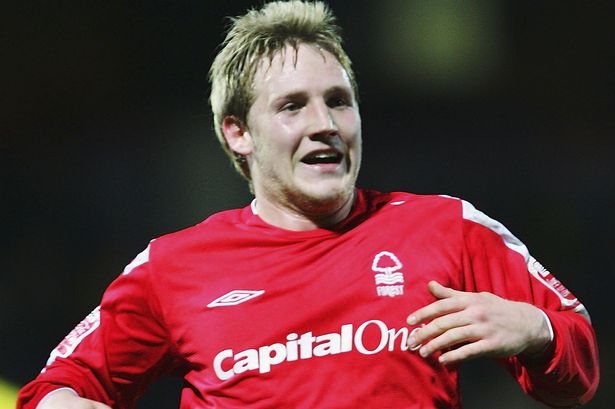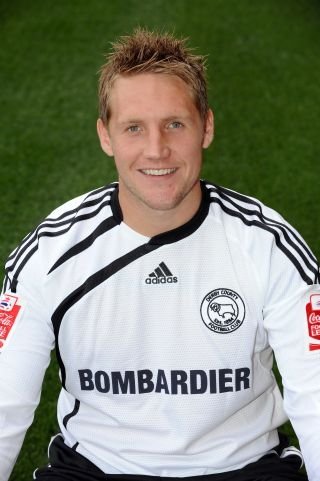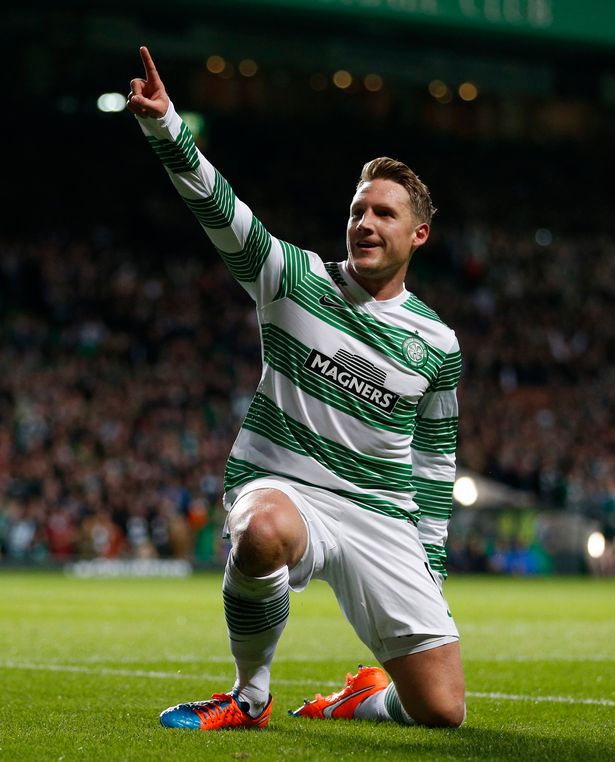Kris Commons played over 500 games and scored over 100 goals during his professional career and proudced some magic moments.
Commons started his career at Stoke City, making his debut in a 3-2 defeat against Blackpool. Shortly afterwards he picked up an injury and was out of action for year before making his comeback in a 0-0 draw with Sheffield Wednesday and his first goal came 16 days later against Norwich City. After a promising start he was offered a new contract, however he rejected it and signed for Nottingham Forest.

Although his first season ended in relegation from the Championship, Commons stayed with the club to try and get them promoted. He had to wait until his final season to finally achieve this aim and following a 3-2 win over Yeovil Town they gained promotion with the midfielder being named in the PFA League One Team of the Year. At this point he had played 159 times for Forest but with his contract up he made the unthinkable move to Derby County.
He started his time at Derby on the wing under Paul Jewell but he didn’t really show his potential until he was moved into the centre and he would go on to score the only goal of the game in a victory over Manchester United in the League Cup. Later on in the season he would also score the winning goal against Forest in an FA Cup game.

Injuries caught up with him in the next season and he didn’t have much of an impact, however the 2010-11 season was probably his best in England as he went on a run of seven goals in nine games. This form caught the attention of Celtic who signed him on the 28th January 2011 and on the following day he scored against Aberdeen and would end the season winning the Scottish Cup. Celtic won the title in the following campaign but it was a difficult one for Commons as he only scored one goal.
But he did manage to bounce back and show his quality. During the 2013-14 season he finished as the top scorer, hitting the back of the net 32 times in all competitions. However, this wasn’t enough to convince new manager Ronny Deila to give him a starting place. He did manage to turn this round again but things got worse when Brendan Rodgers took charge as he told him he would not be part of the squad.

Commons would stay at the club until the end of his contract and after a back injury he decided it was time to retire. His last games in football came during a loan spell at Hibernian where he played five times, scoring twice.
The final word can go to Neil Lennon. “He’s intelligent, grounded and hungry. What he will do is improve us and influence the team and squad on and off the field. He will provide a goal threat from the wider areas or deeper lying areas.”


















